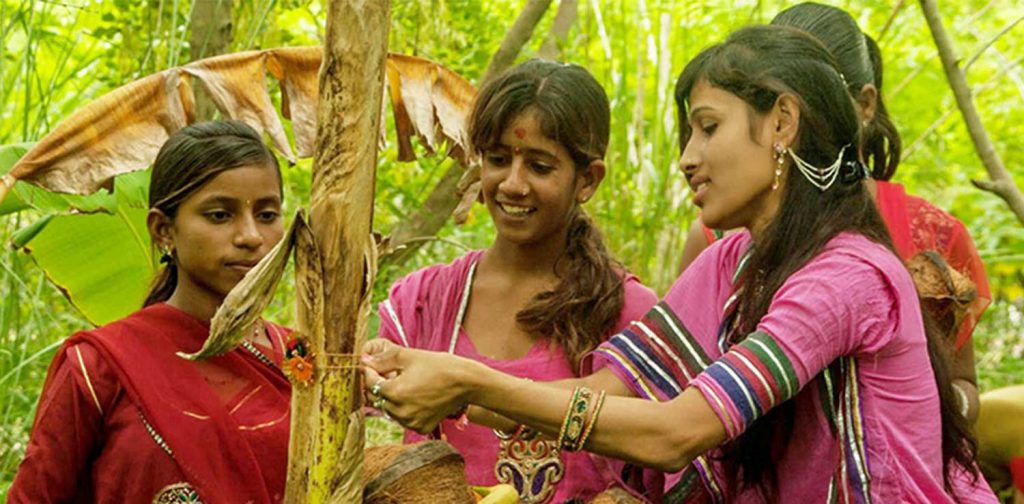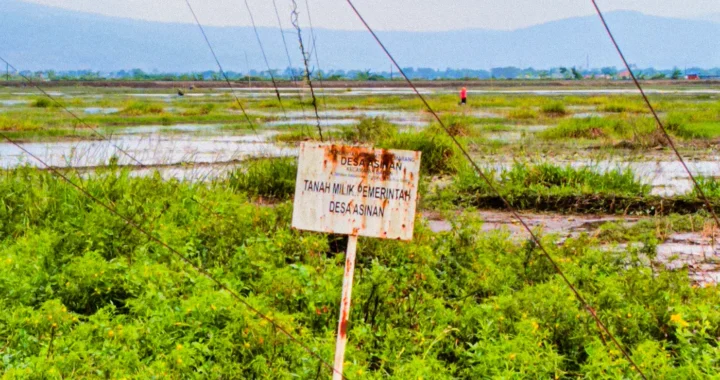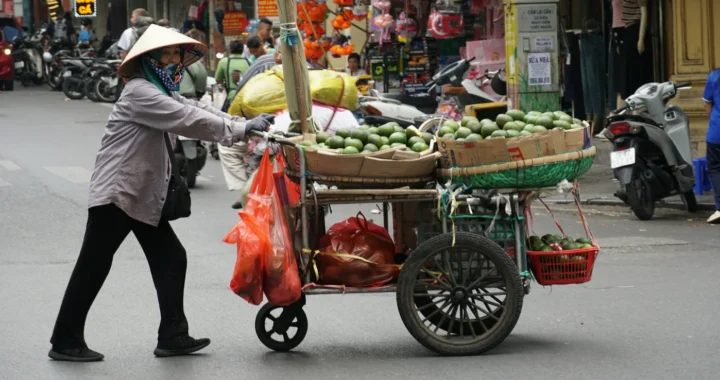Celebrating the Birth of Girls, Piplantri Plants 111 Trees

The girls tied a bracelet to their "sibling" tree | Image: The Plaid Zebra
In Piplantri Village, Rajasthan, India, every time a girl is born, the villagers will plant 111 trees to celebrate it.



 Africa’s Regional Strategy to Prioritize Rehabilitation Services
Africa’s Regional Strategy to Prioritize Rehabilitation Services  The Revitalization of Rawa Pening and the Struggle to Balance People and the Planet
The Revitalization of Rawa Pening and the Struggle to Balance People and the Planet  Carving the Path Towards Sustainable Aviation in Pakistan
Carving the Path Towards Sustainable Aviation in Pakistan  More Graduates, Fewer Jobs: Looking Into Graduate Unemployment in Developing Countries
More Graduates, Fewer Jobs: Looking Into Graduate Unemployment in Developing Countries  Urgent Call to Address Occupational Heat Stress to Protect Workers’ Safety and Wellbeing
Urgent Call to Address Occupational Heat Stress to Protect Workers’ Safety and Wellbeing  Air Pollution Is Linked to Higher Dementia Risk
Air Pollution Is Linked to Higher Dementia Risk